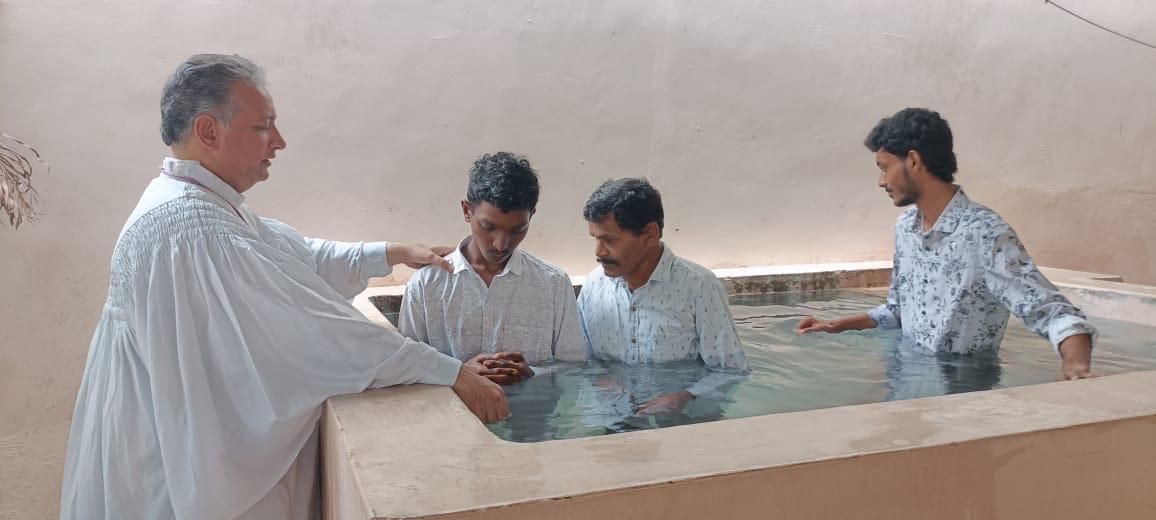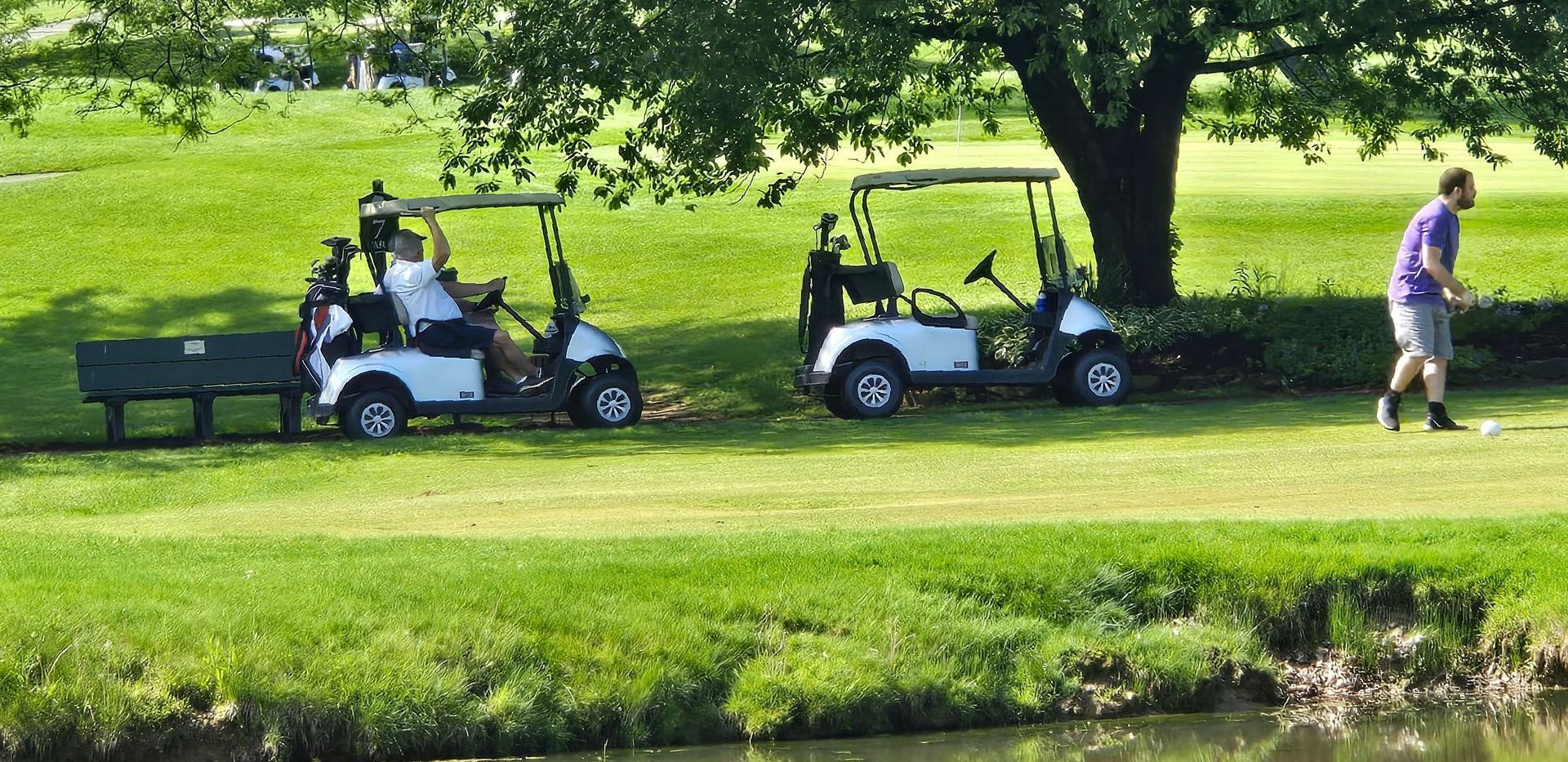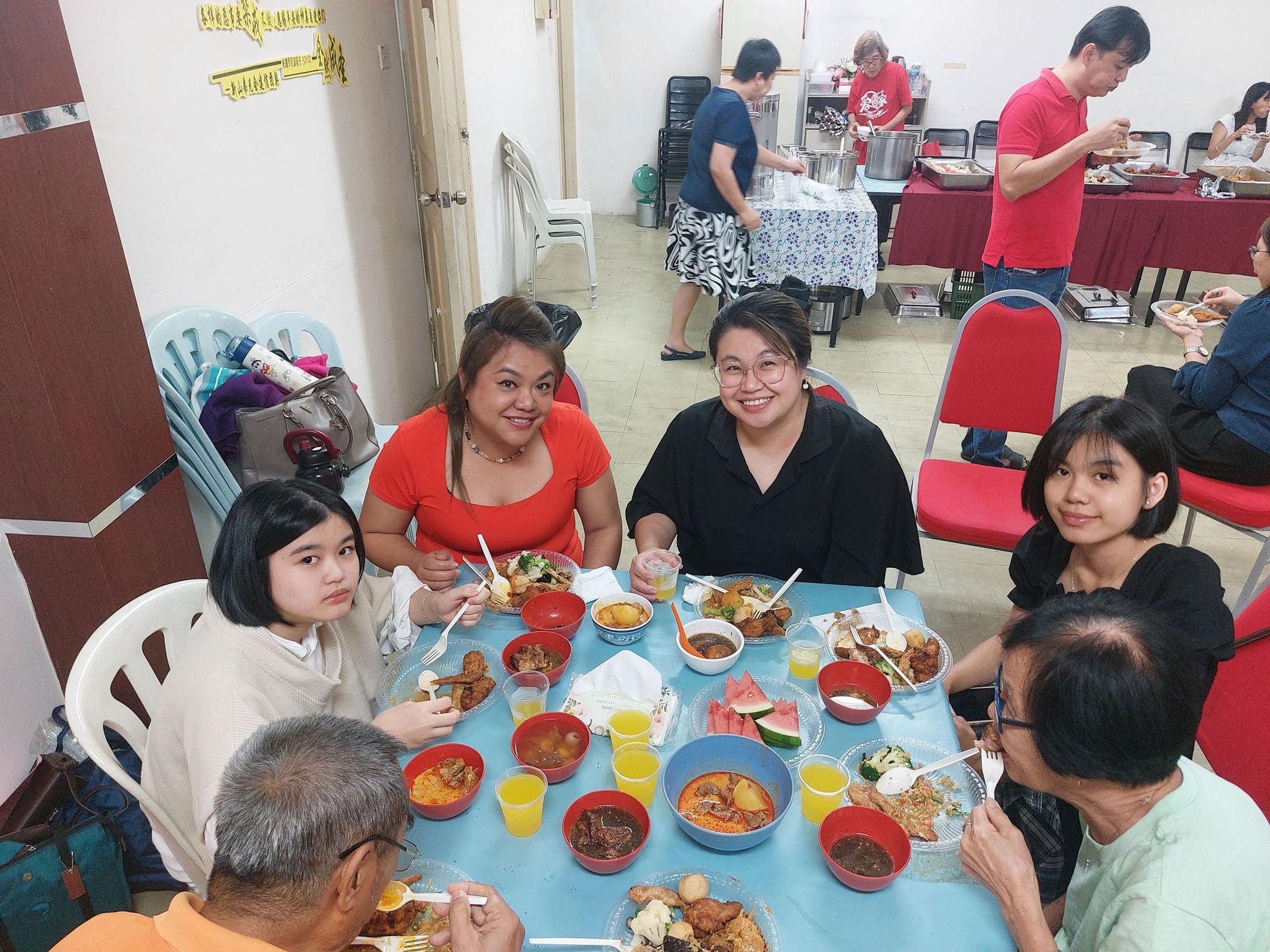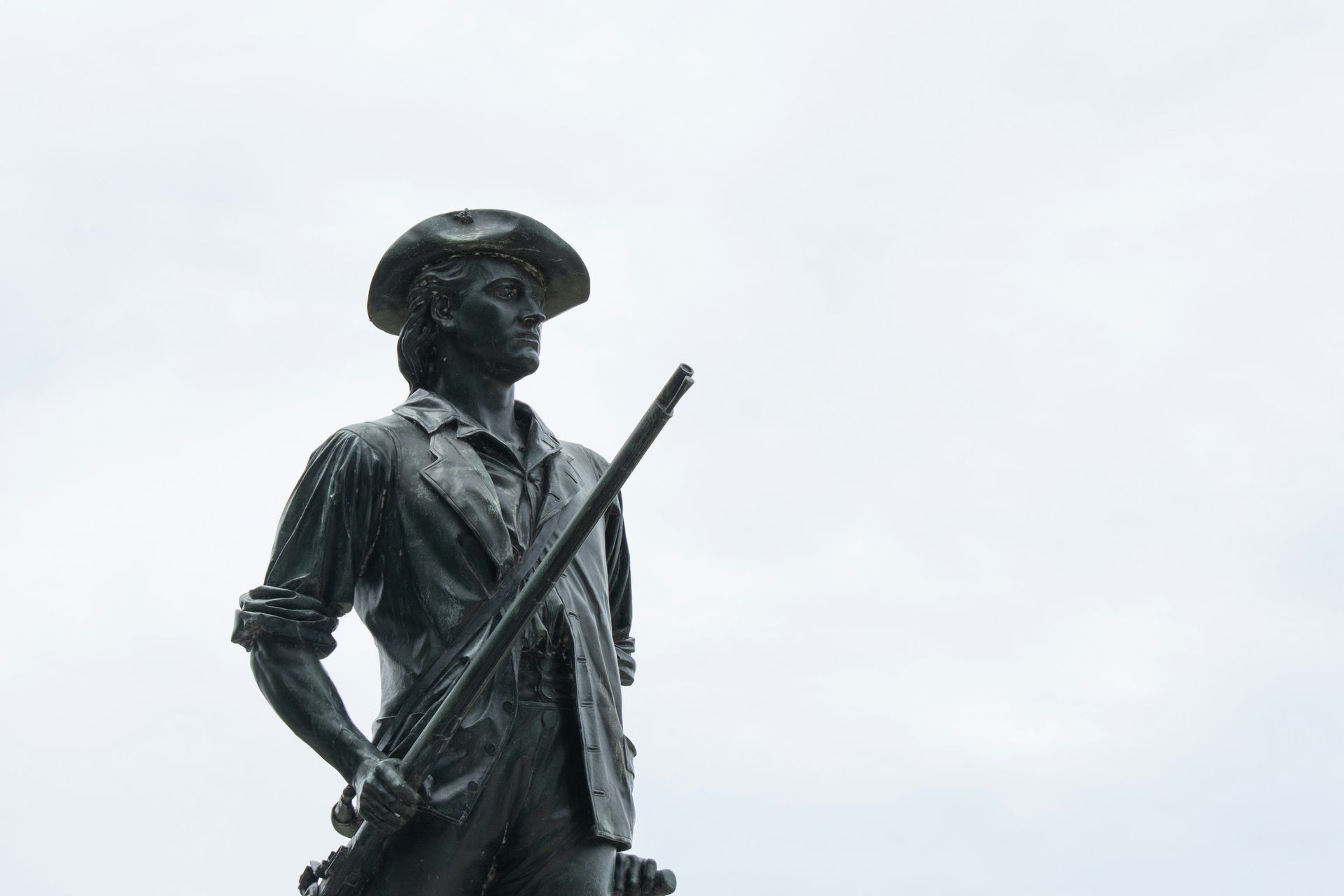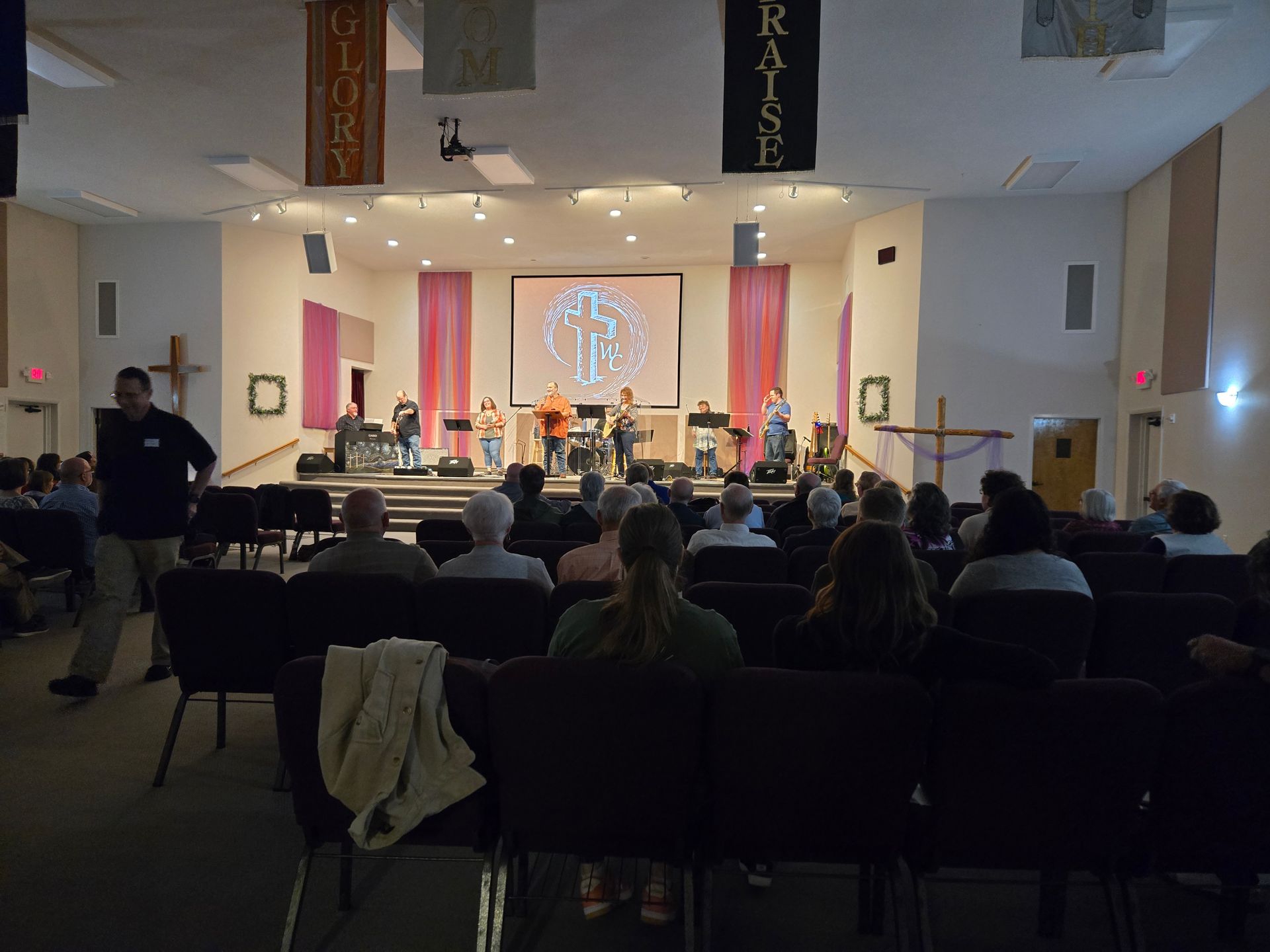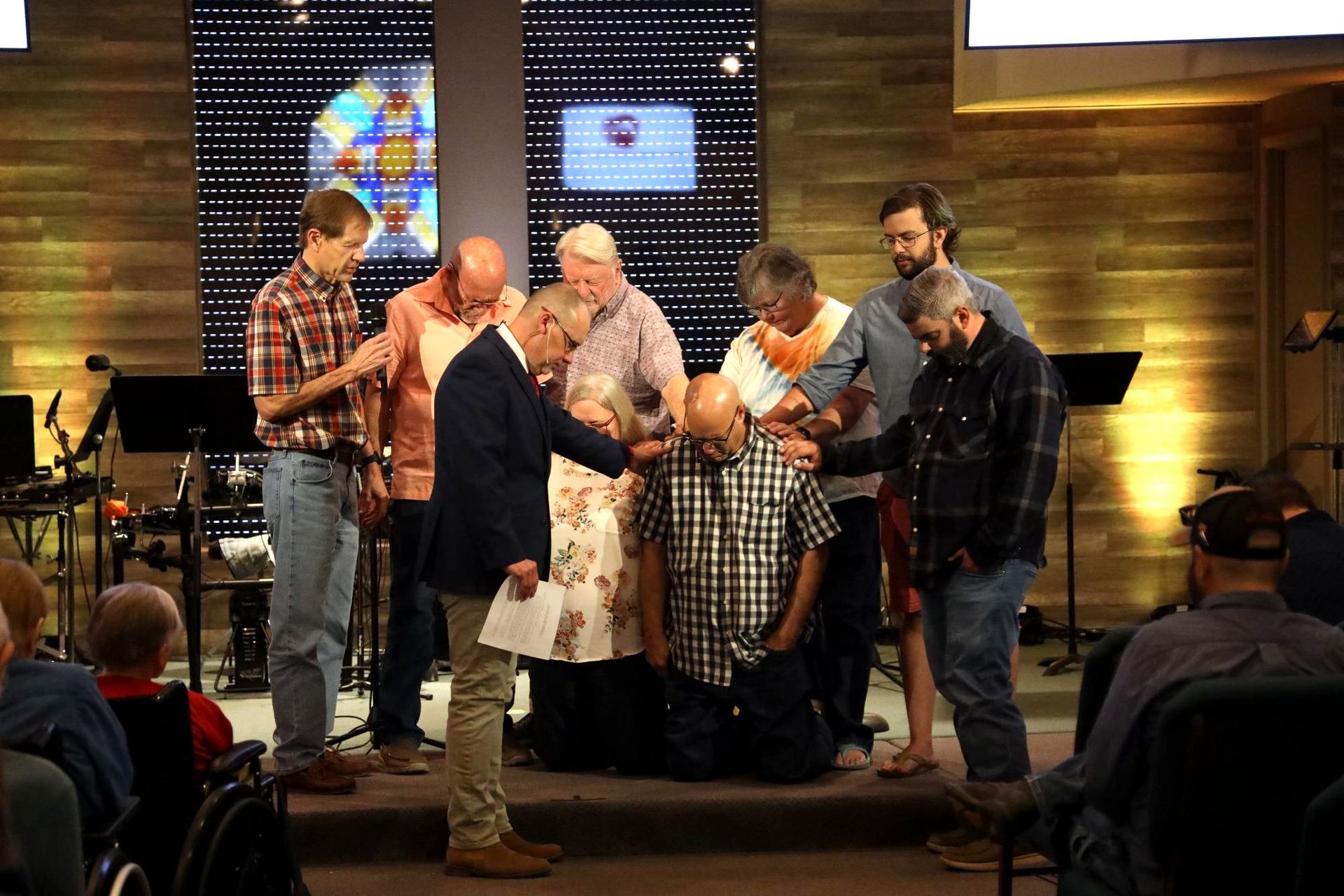Listening to Your Neighbor
This article by Bill Ludwig originally appeared on MissioChurch.com
What if our neighbors know how they need to be loved better than we do?
What if the world doesn’t revolve around us? In spite of our grand educations and vast knowledge, could it be that the other humans within our sphere of influence might know their context better than us (assuming that we aren’t in the same context)? Know their hurts and frustrations better than us? Could it be that they might even know what they need…better than we do? If a major part of a leader’s role in the community is to define reality, how better to do so than to listen to the community?
Several years ago, I was in another part of the world with a group of folks who had been drawn to this particular place by a dream of helping the people there raise their standard of living by implementing a project that would supply them with a sustainable source of fresh, clean drinking water. It was exciting to think that right then and there, we had the capability and the capacity to improve the health and economy of the town significantly. We could eliminate their dependence on parasite-contaminated water. This would reduce the instances of malnutrition, digestive and skin diseases giving children a better shot at learning in school and a chance of growing up to be educated, wise leaders of their community. We were thrilled!
We spent a handful of days in this village by the sea, measuring and preparing the site for what would be an innovative desalinization plant. We scaled up and down the cliff face that would host the intake pipes, checking and double checking distances and angles. Our engineers were developing early drawings and materials lists. This thing was going to happen! We were going to become those guys that saved a generation of children from disease and diminished lives. I could just see the title of the book I would write about the experience and imagine all of the speaking engagements that would come from this very good deed!
As it happened, however, I was one of the only persons on this trip who spoke enough of the language of the town to understand some of the more important pieces of communication, like “The bathroom is over there…”(This made me popular!) This gave me a little bit of an advantage in sensing how the people in this village were feeling about the miraculous feat of engineering we were about to pull off for their benefit. At some point, late in that first week, I overheard one of the elders in the village inquire about the community center that we were going to build for them. She wanted to know why we were taking so many measurements and going up and down the cliff. I immediately felt that sinking feeling you get when you realize that you showed up for an appointment on a wrong day…or in the wrong place. I asked our host, “What is it that your friends think we have come to do here? She matter-of-factly replied “They can’t wait for the community center to be finished.” OOPS! It was then that I began to realize that our team and the people that we had come to “save” did not share the same understanding of what we were there to do. It was crushing. Furthermore, when we did come to mutual understanding, the village didn’t even want a miraculous and innovative desalinization plant. They had been living with bad water for generations, this had become normal for them. What they perceived to be the bigger threat to their village was the gradual loss of their cultural identity.
A hard lesson was learned. Sure, some of the issues we discovered was linked to a language barrier, but there was more. Adopting a posture of being a solution looking for a problem only works when you find a group of people whose felt need matches your solution. In my experience, this rarely happens. What is more likely is that we often make assumptions based on our preconceptions as much or as-well-as our observations and our actions tend to serve ourselves as much or as-well-as the other. We had not observed/listened well. We were largely serving ourselves by doing what we wanted to do. We had never really asked them.
What became apparent…eventually, was that if you listen to the person in front of you, they will tell you how to serve them. They know. Ask them. Trust them.
There is an old kung fu adage “When the student is ready, the master appears.” Meaning, when one is open to learning, one can learn from whoever is in front of them. Perhaps a corollary can be found here? “When the neighbor appears, the servant is ready.” To truly love our neighbor, we must first see them for who they are and love them enough to listen.
If you are planting a church or looking to expand your church’s ministry in your community, don’t take another step without listening to your neighbor first.
